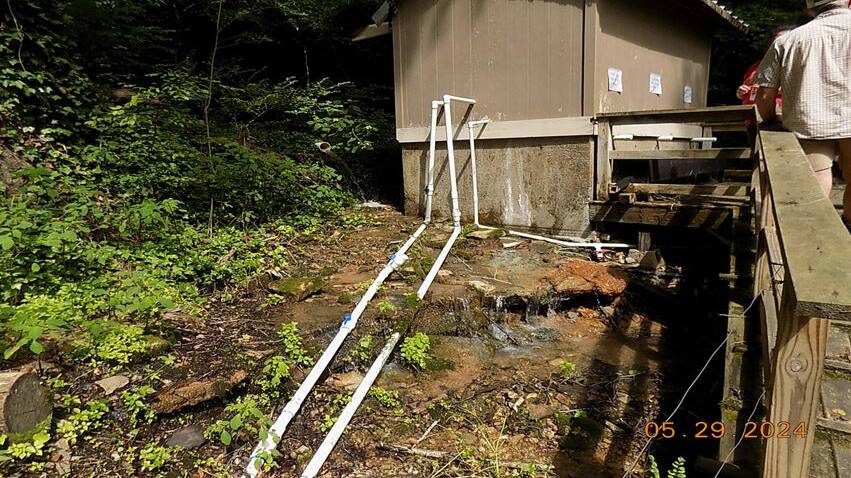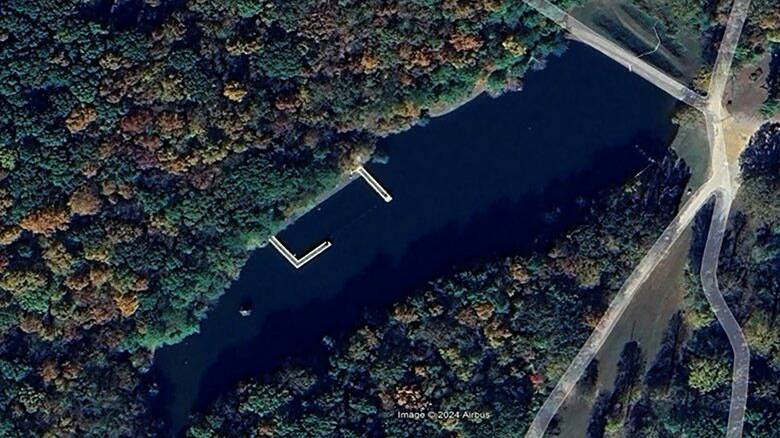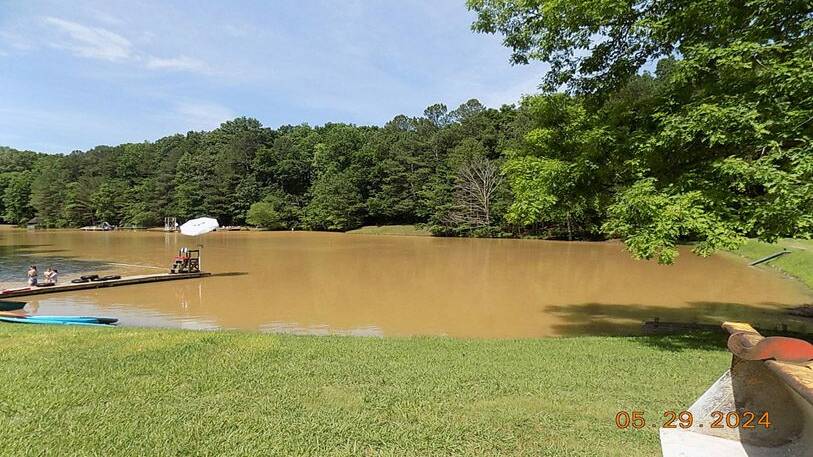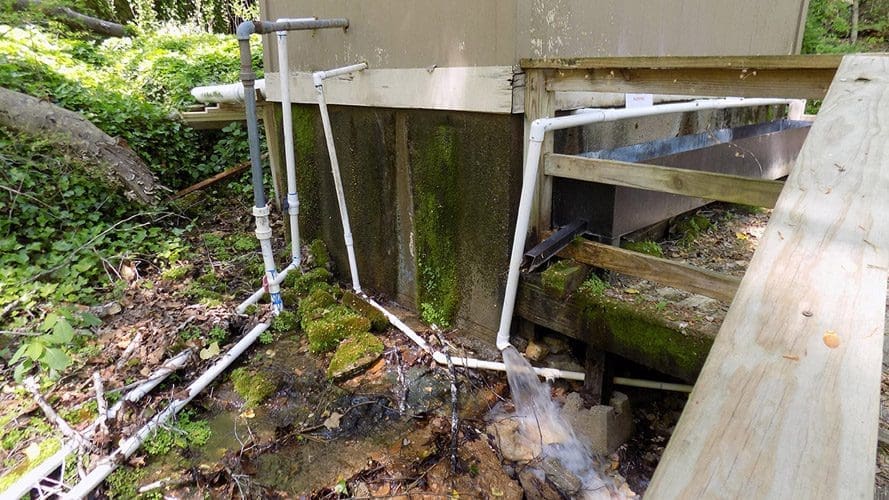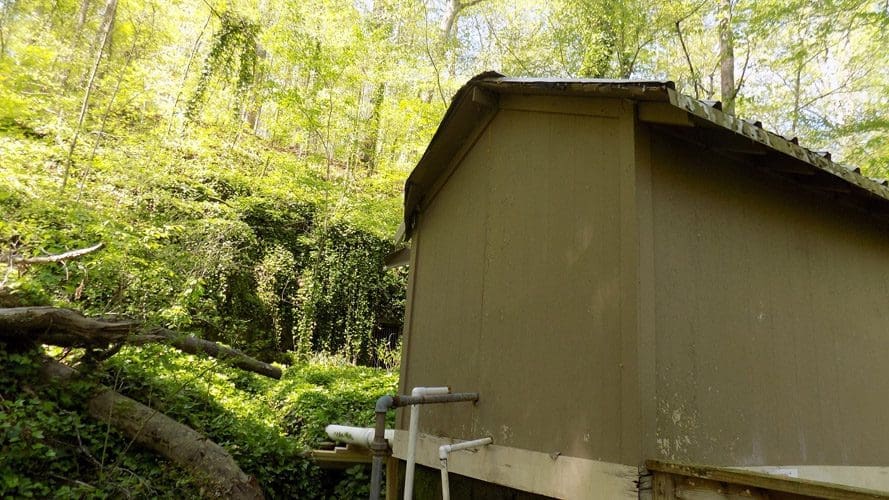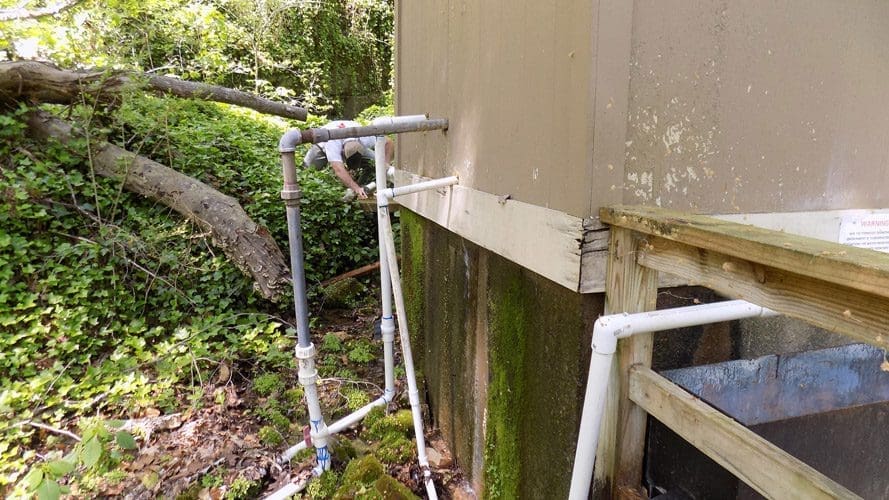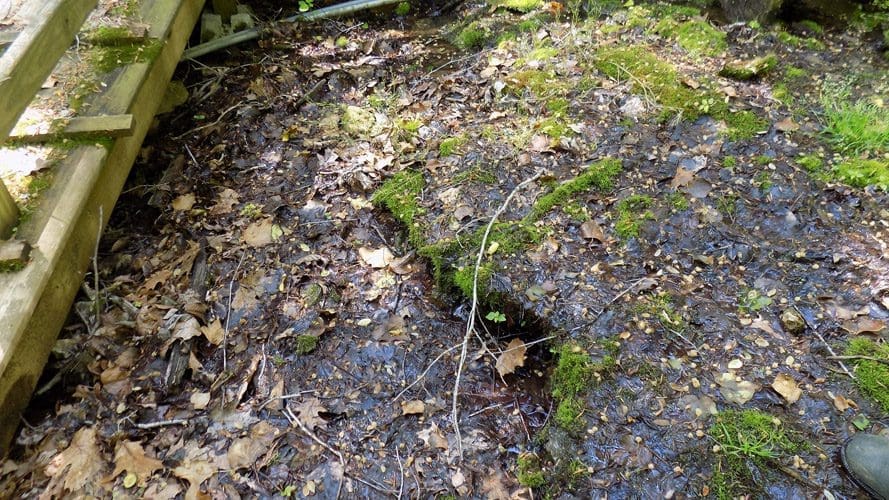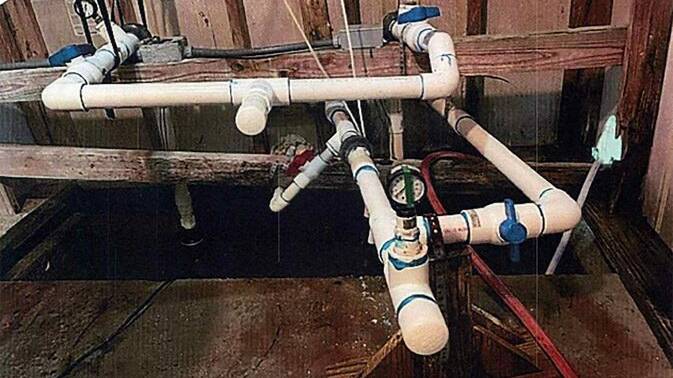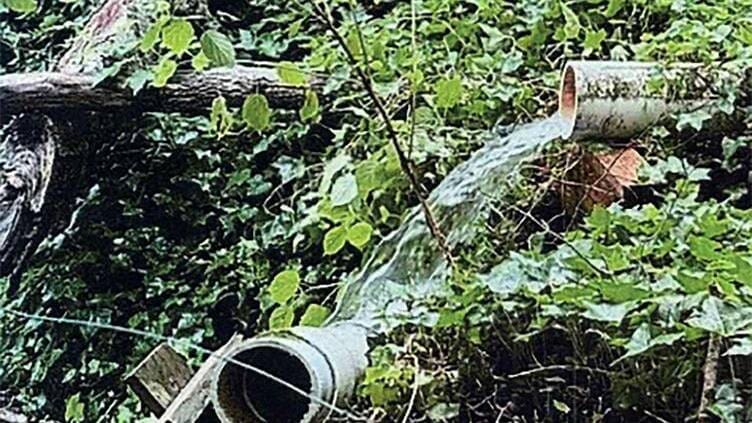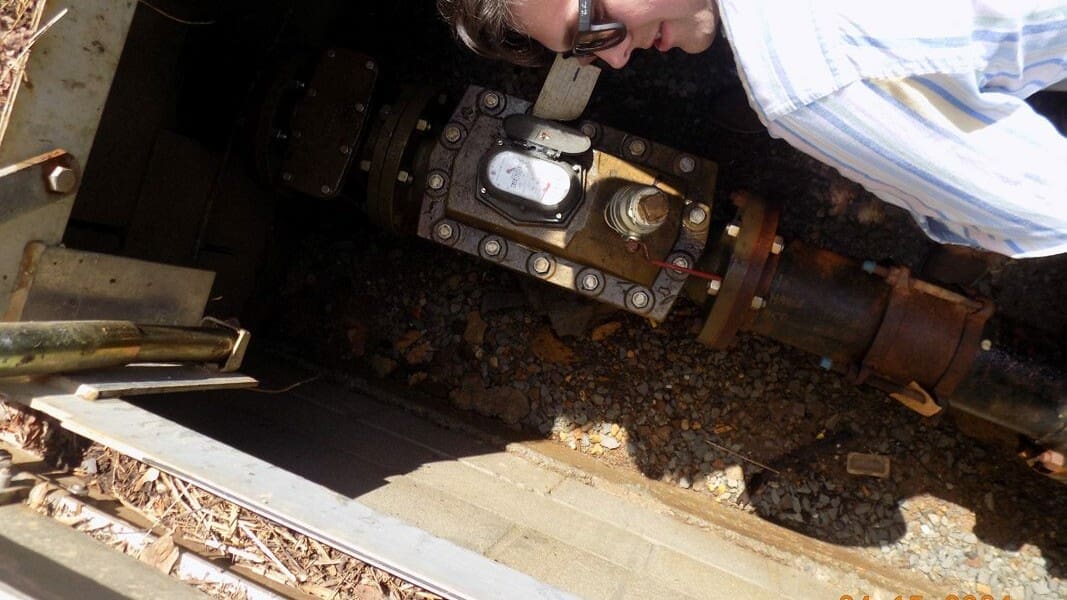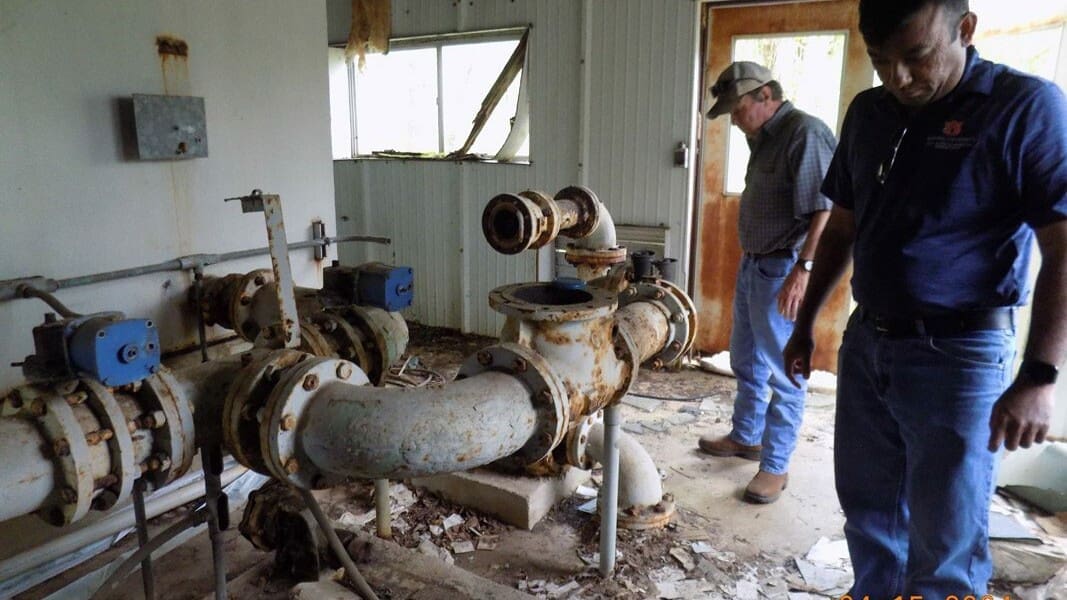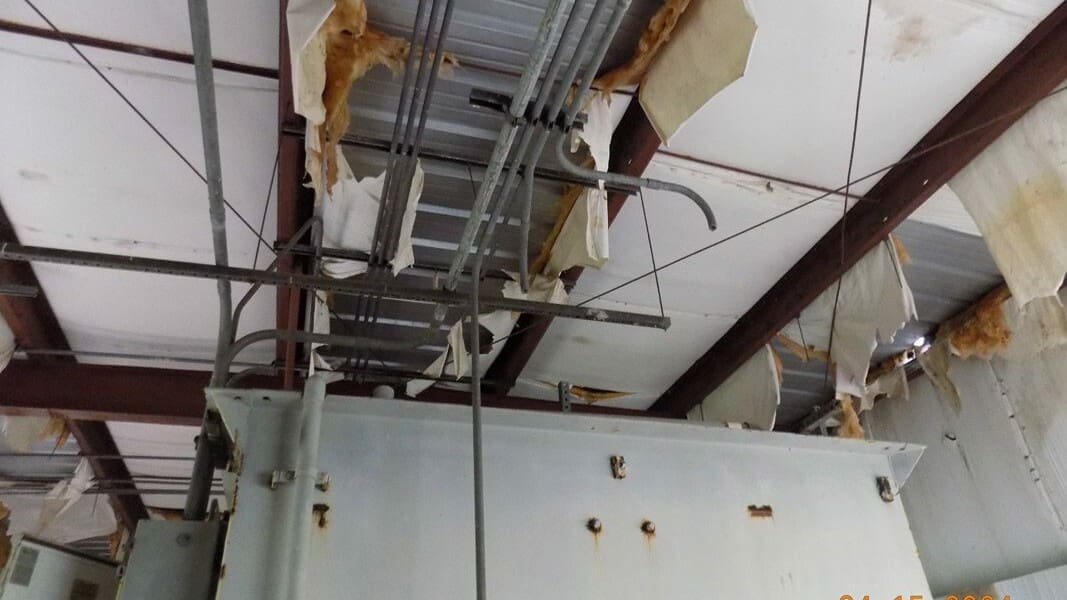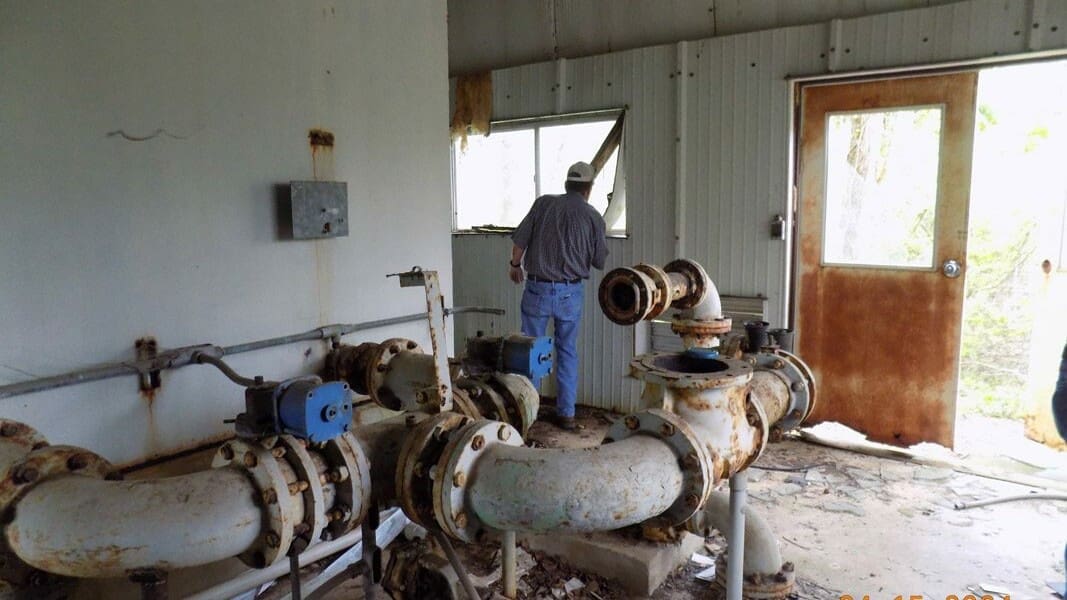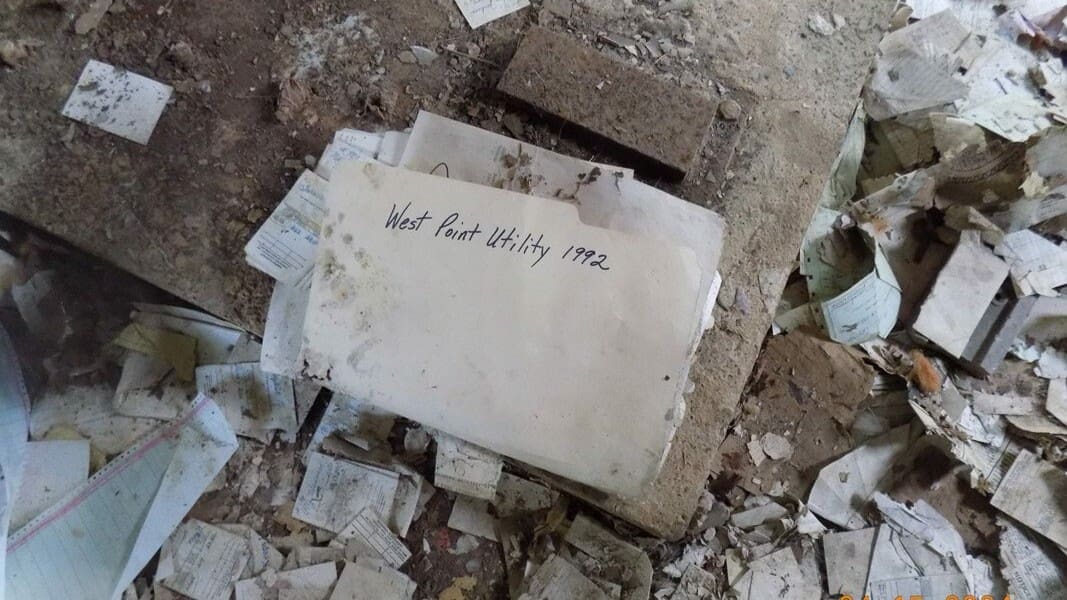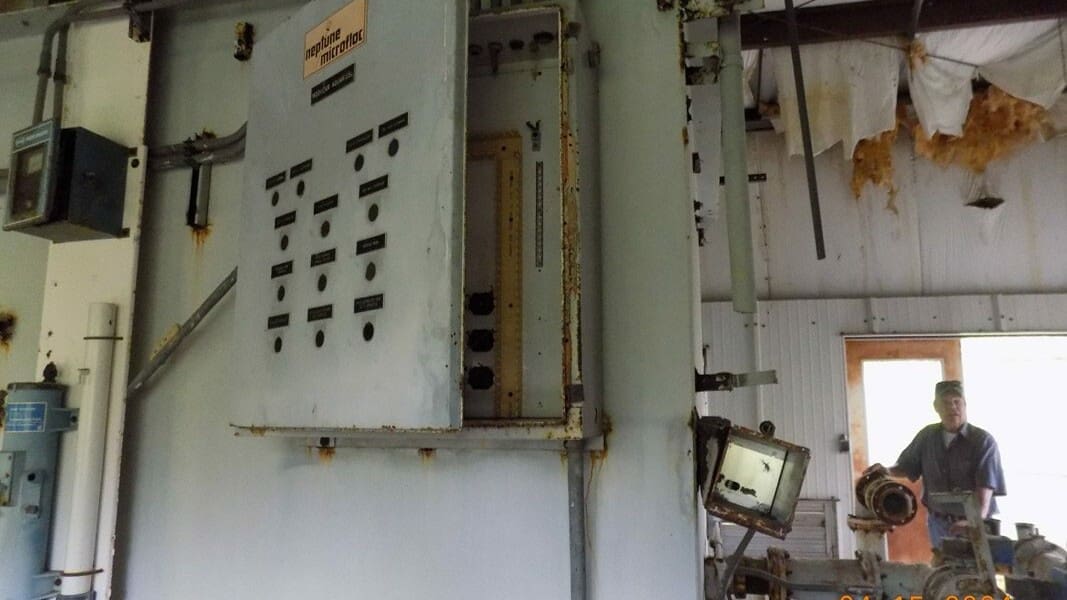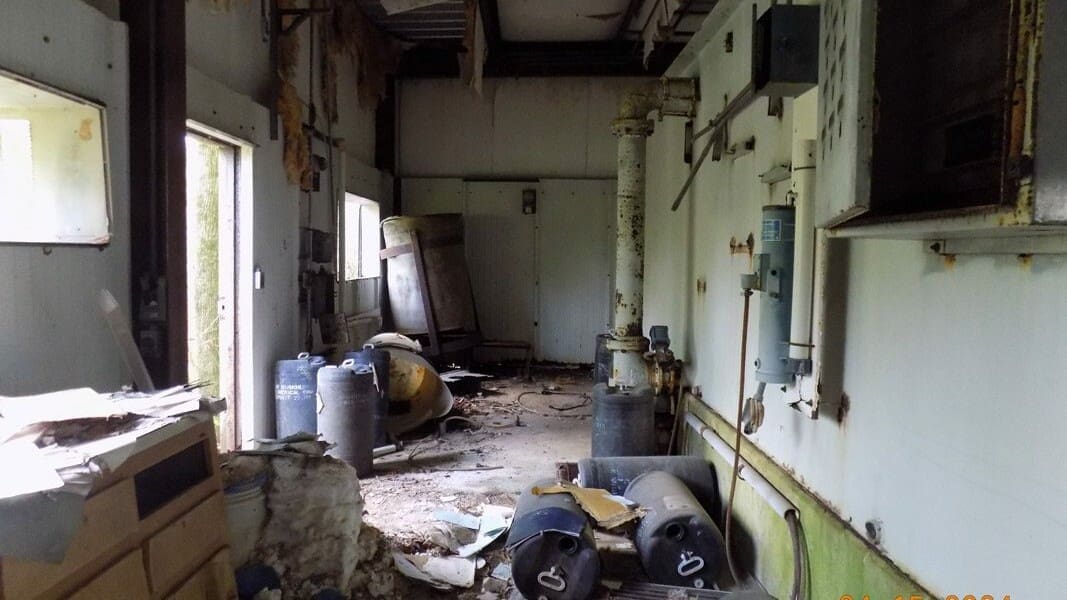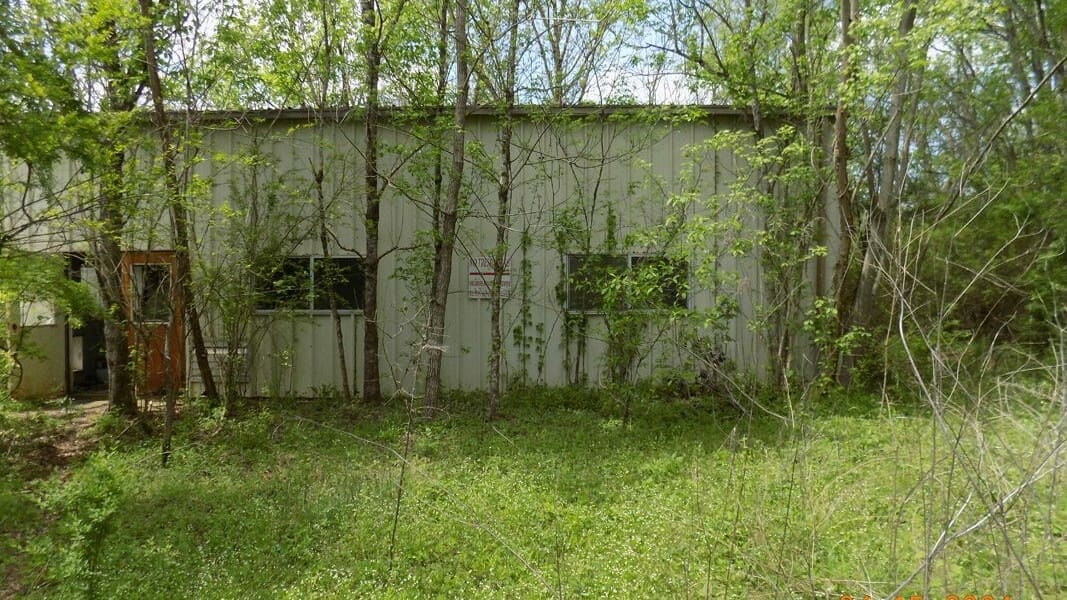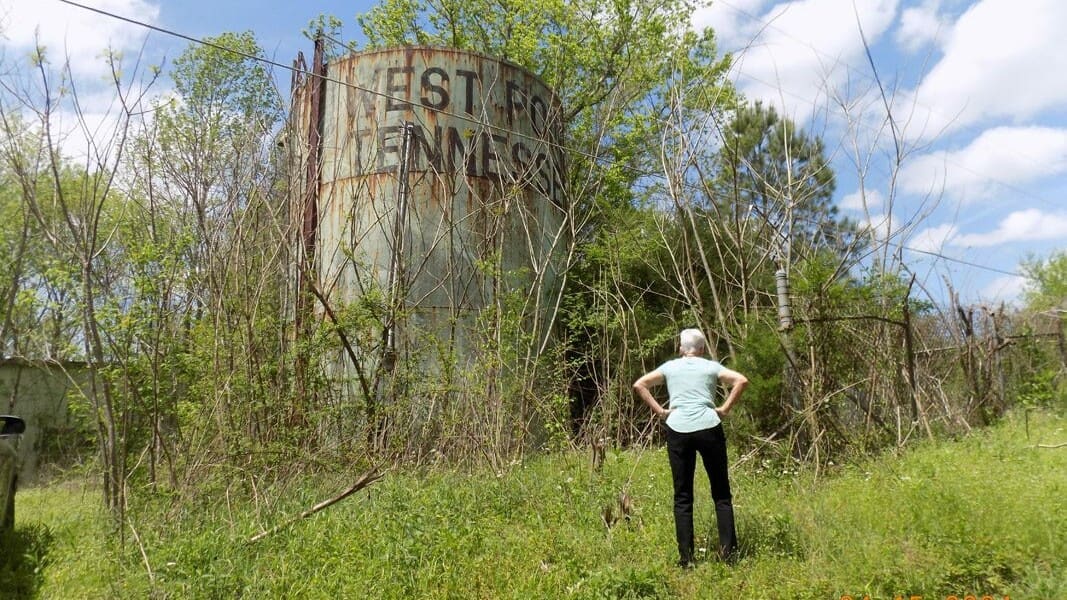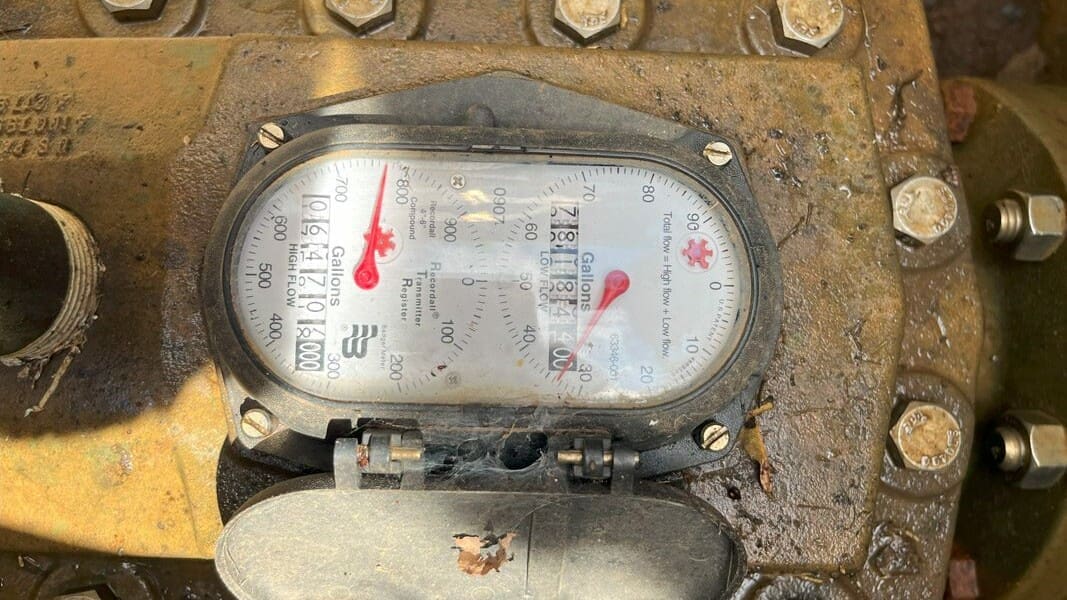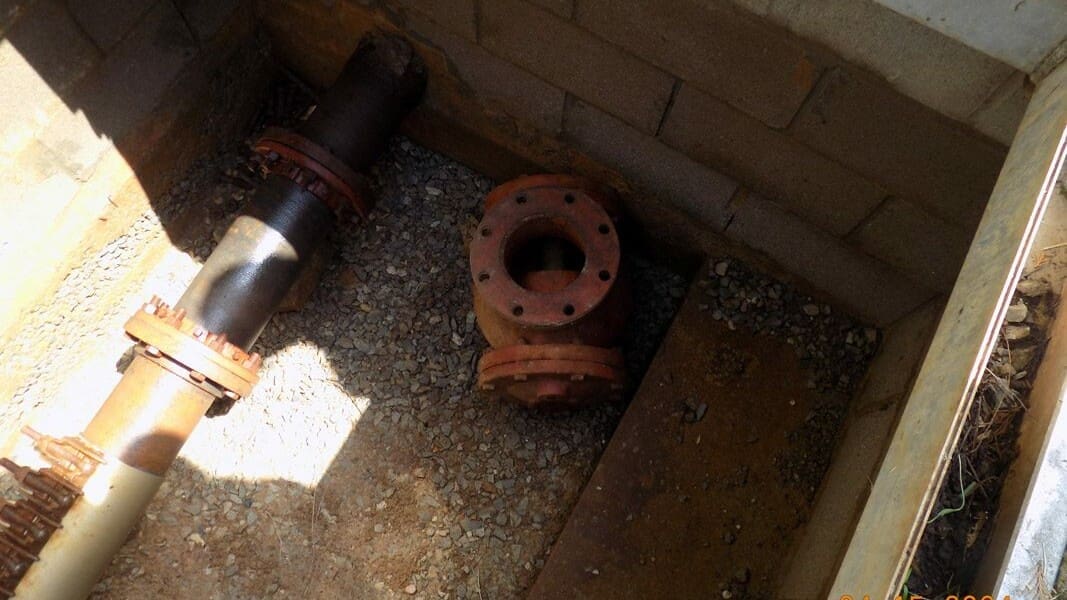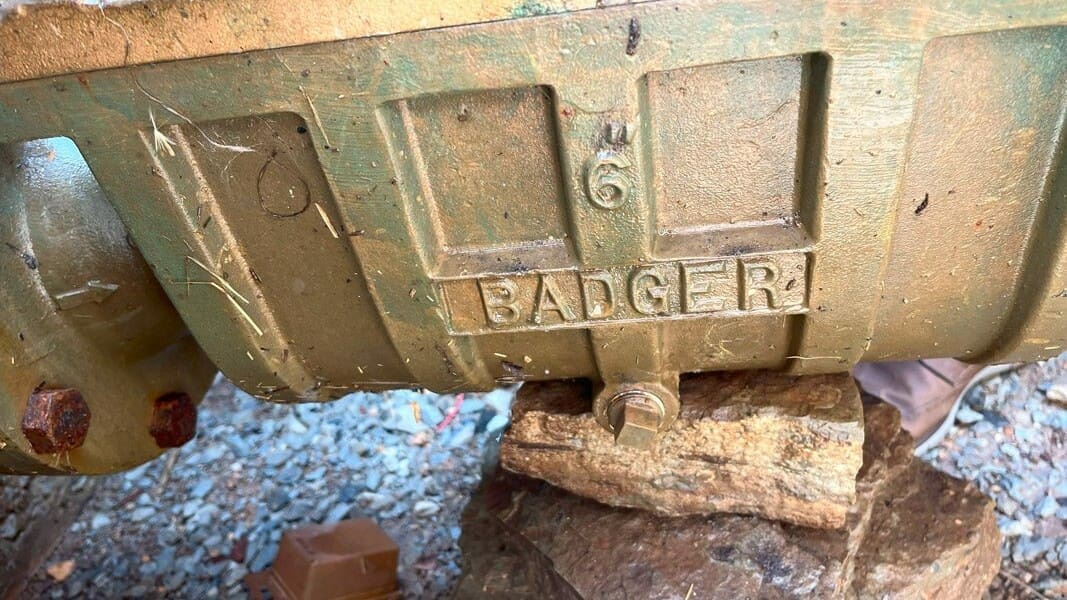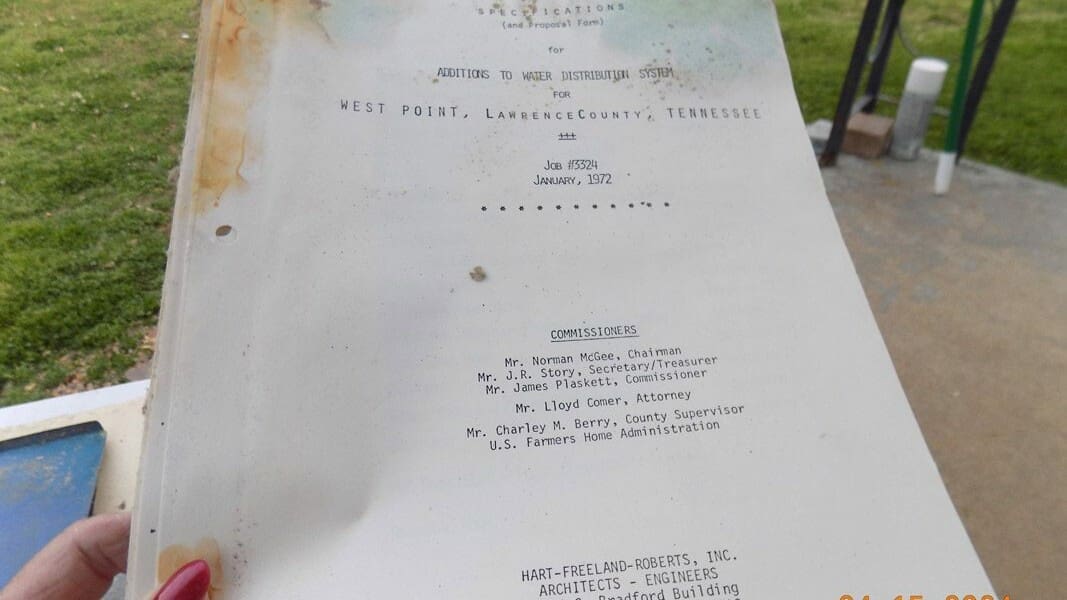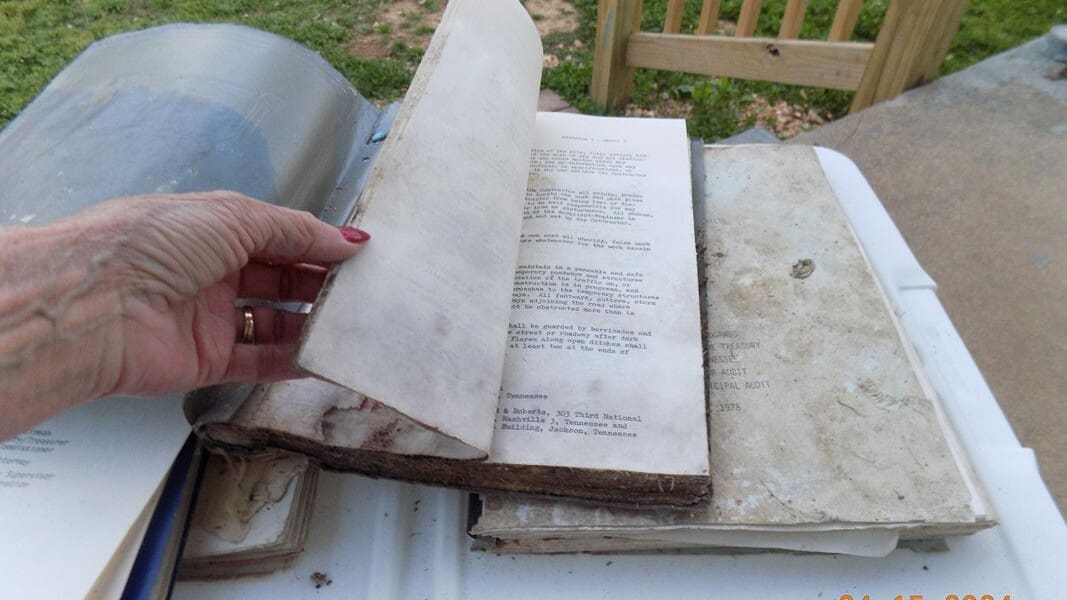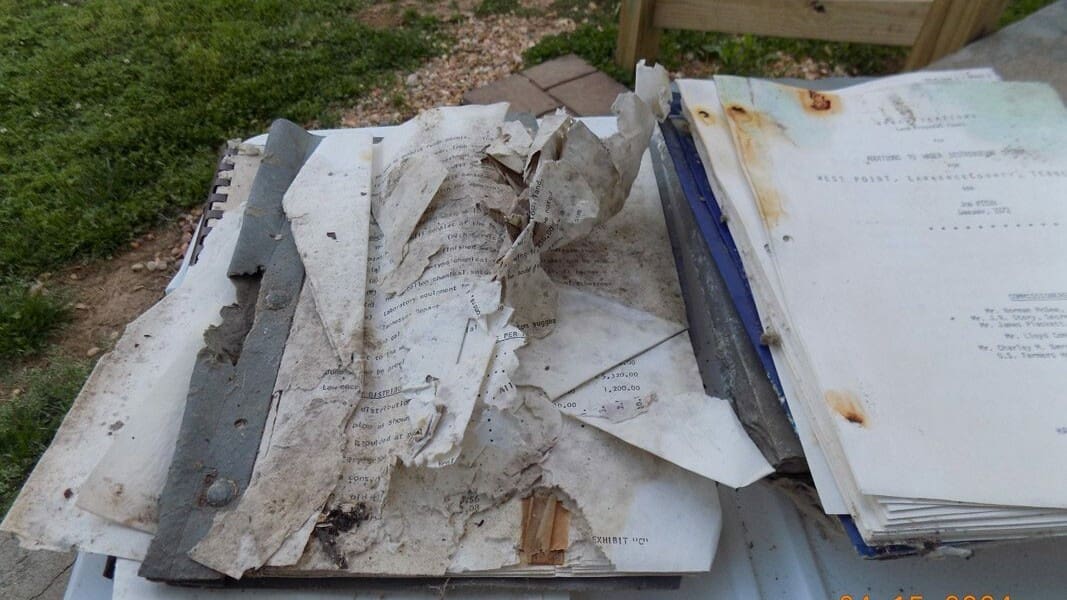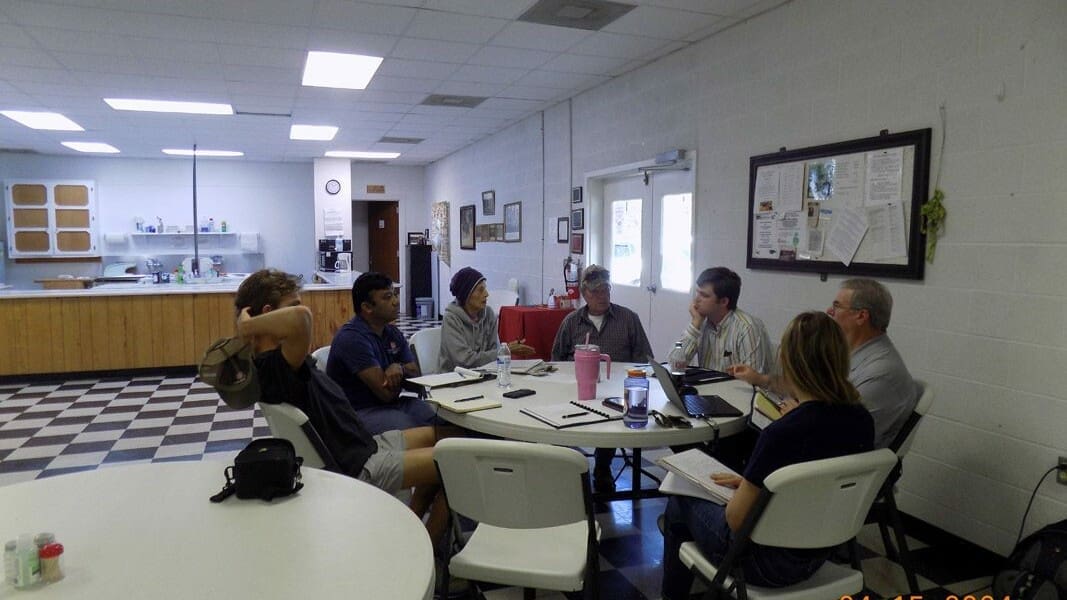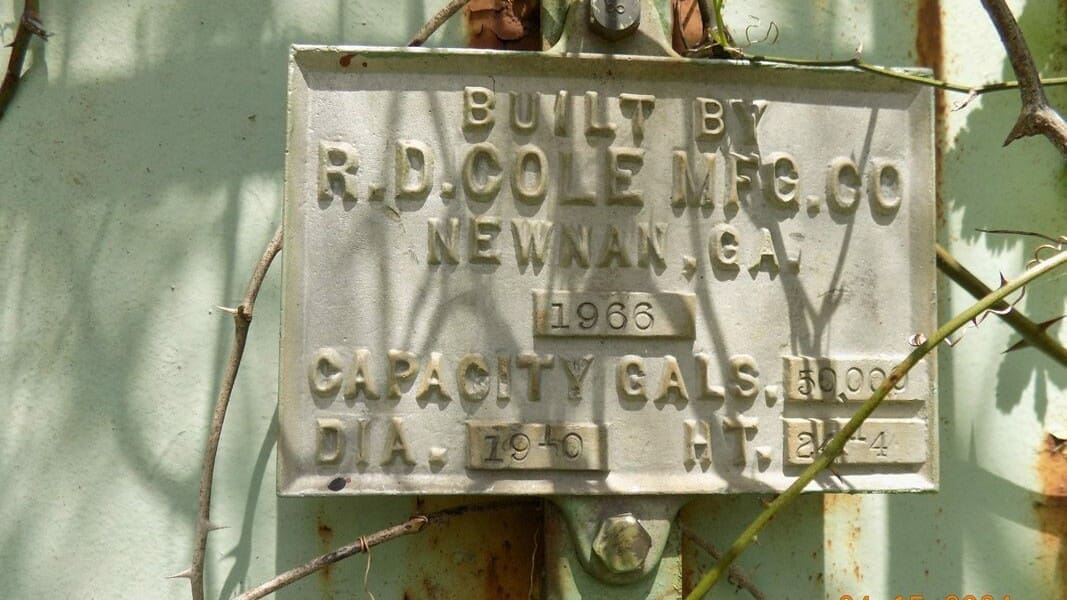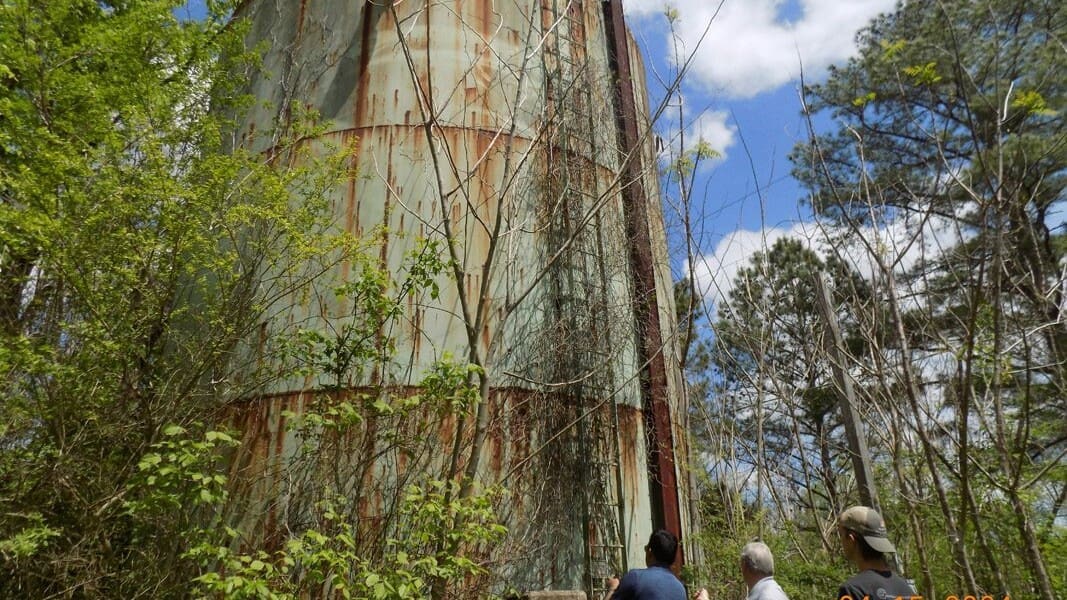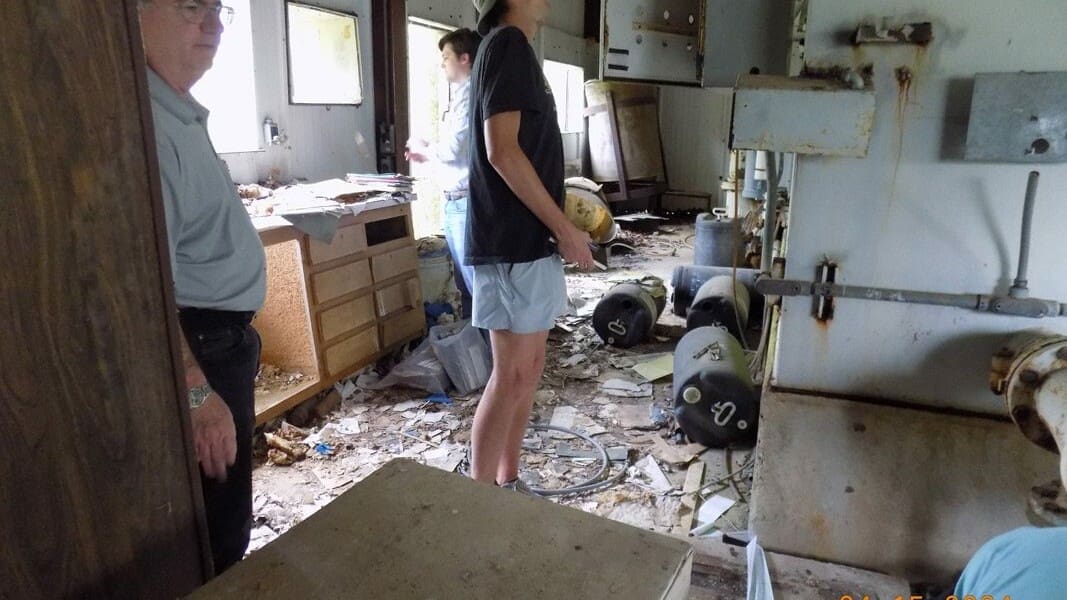The Community Infrastructure Team at Communities Unlimited (CU) in Tennessee, led by State Coordinator Annie Chiodo, plays a vital role in resolving water system issues. Technical Assistance Providers (TAPs) identify problems, organize records, and work with regulators to address non-compliance issues, ensuring communities have access to safe and reliable water.
CU’s TAPs are dedicated to public health and environmental care, demonstrating their ability to tackle complex challenges even in tough conditions. These two projects exemplify CU’s commitment, teamwork, and problem-solving expertise.
“These stories show what every TAP goes through – end of story,” Chiodo said. “At CU, we’re a team, and we work together. I told my team going into these projects, ‘This is what we have. This is what’s going on.’ I’ve got a great team here in Tennessee and their support means everything. I can’t think of two better projects to work on as a team. It’s all about dedication.”
With these two projects, our goal is to highlight and showcase the critical impact our team’s work has on rural America.
Camp Marymount: Transition to Public Water Due to Contamination Crisis
Camp Marymount, a girls-only Catholic camp established in 1945 and owned by the Nashville Diocese, is in Fairview, Tennessee, about 30 miles from downtown Nashville. The camp operates from April to October, offering various activities previously supported by a self-contained water system sourced from a spring in the nearby hills.
Historically, the camp used a two-split water system, relying on both city water and spring water. However, the spring system experienced groundwater influence, which raised concerns, especially when a residential construction project in late May 2024 led to a severe water contamination crisis at the camp.
The construction company cleared vegetation above the camp, leading to runoff that contaminated the camp’s water source with sediment and pollutants. This raised the water’s turbidity level from 0.5 Nephelometric Turbidity Unit (NTU) to 5.0, making it unsafe for consumption and forcing the camp to shut down its water system, except for essential uses. The contamination was believed to be a result of the construction site runoff affecting the spring-fed system.
The Infrastructure Team at CU and Chiodo were promptly notified. Chiodo informed the Tennessee Department of Environment and Conservation (TDEC), which led to an emergency shutdown of the water system. Temporary measures included using city water for essential functions in the main administration building and cafeteria.
The long-term solution involved connecting the camp to the Water Authority of Dixon County (WADC) public water supply, requiring new water lines and disconnection from the spring. This process began on May 24, alongside addressing potential Clean Water Act violations due to leaks from the aging treatment facility. The transition also involved costs for water and sewer charges despite the camp’s septic system.
The contamination also affected nearby Lever Lake, a key spot for camp activities, forcing the suspension of swimming and other activities.
Camp Marymount has now completed the connection to the public water supply, with temporary measures managing the contaminated water. The situation highlights the need for careful planning in construction projects to prevent environmental and public health crises. The camp’s collaboration with CU and TDEC demonstrates its commitment to camper and staff safety.
"Seeing the water contamination at Camp Marymount was heartbreaking. The construction runoff caused serious health risks. Our main goal was to ensure safe drinking water, so switching to a public supply was crucial. Despite the challenges, we were committed to making it happen. This situation shows the importance of managing progress carefully."

— Annie Chiodo, Tennessee State Coordinator, Communities Unlimited
Tommy Hagey, Director of Camp Marymount, highly praised CU and Annie Chiodo for their support and dedication during the water emergency.
“It was tough for us on a lot of levels to give up our spring that we have been using for the past 78 years and by me personally the last 41 summers in some capacity here at Camp Marymount,” Hagey said. “Children have been baptized with that water, but I know, or at least I keep telling myself it was for the best in the long run.
“Since day one, you all have been a great resource during this crazy situation. Without y’all and Annie’s guidance and support, we would have never made it through. Your organization provides an important service, offering true advice and support when we needed it most. Annie is an amazing person personally and professionally, who knows her stuff when it comes to these types of water systems. She is a team player and an advocate. If there is an award given out by the state or by your division, she should get it hands down.”
West Point Utility District – Overcoming Decades of Neglect
The West Point Utility District (UD) in Tennessee, established around 1965, serves 130 connections but has suffered from neglect and mismanagement for decades. The water tank and plant, both installed in the 1960s, were decommissioned in the mid-1980s, leaving the utility without proper oversight or maintenance for nearly 40 years.
In early 2024, TDEC sought help from CU’s Infrastructure Team. Linda Misenhimer and her husband had been handling operations, including meter readings and customer complaints, for over 20 years. With only three board members remaining, all nearing retirement, there was an urgent need for new management to oversee operations.
Critical records were missing or disorganized, and deteriorating drawings from the 1960s and 1970s hindered accurate infrastructure assessment. The master meter was improperly installed and poorly maintained, causing frequent water line breaks. The certified operator failed to submit required reports to TDEC for over two years, leading to substantial fines. There was no clear budget, and financial audits were incomplete, with no written programs or corporation papers.
CU’s Tennessee staff, including Chiodo and Source Project Manager Brett Capps, assessed the utility’s infrastructure and documentation, mandated the cleanup of facilities, and began organizing records. Chiodo alerted TDEC about the severe issues, prompting emergency intervention to prevent further penalties. CU compiled and submitted overdue documentation to TDEC.
The team identified critical areas needing immediate repair, such as stabilizing the master meter and addressing water line breaks. They coordinated with the nearby City of Loretto to establish a formal water purchase contract, previously managed informally. CU drafted new management and financial programs to bring West Point UD up to standard and engaged TDEC for technical support in rebuilding the water system.
“It has been a very positive experience working with Communities Unlimited. Annie has been supportive. We are working to finalize the steps we need to take for state compliance. Having their help has meant a great deal to us.”
— Linda Misenhimer, West Point UD District Manager
While this remains an ongoing project, CU has laid the groundwork for stabilizing West Point UD. With continued support, the utility is on the path to regulatory compliance and operational efficiency. The efforts of Chiodo, Capps, and the CU Tennessee Team showcase the importance of proper management and regulatory adherence in maintaining essential public utilities.
“Seeing the state of West Point was shocking,” Chiodo said. “Years of neglect created a nightmare. Our immediate goal is to ensure safe and reliable water service, but it will require a complete overhaul of their systems and management. It’s a daunting task, but with our team’s dedication and TDEC’s support, we are committed to turning this around.”




